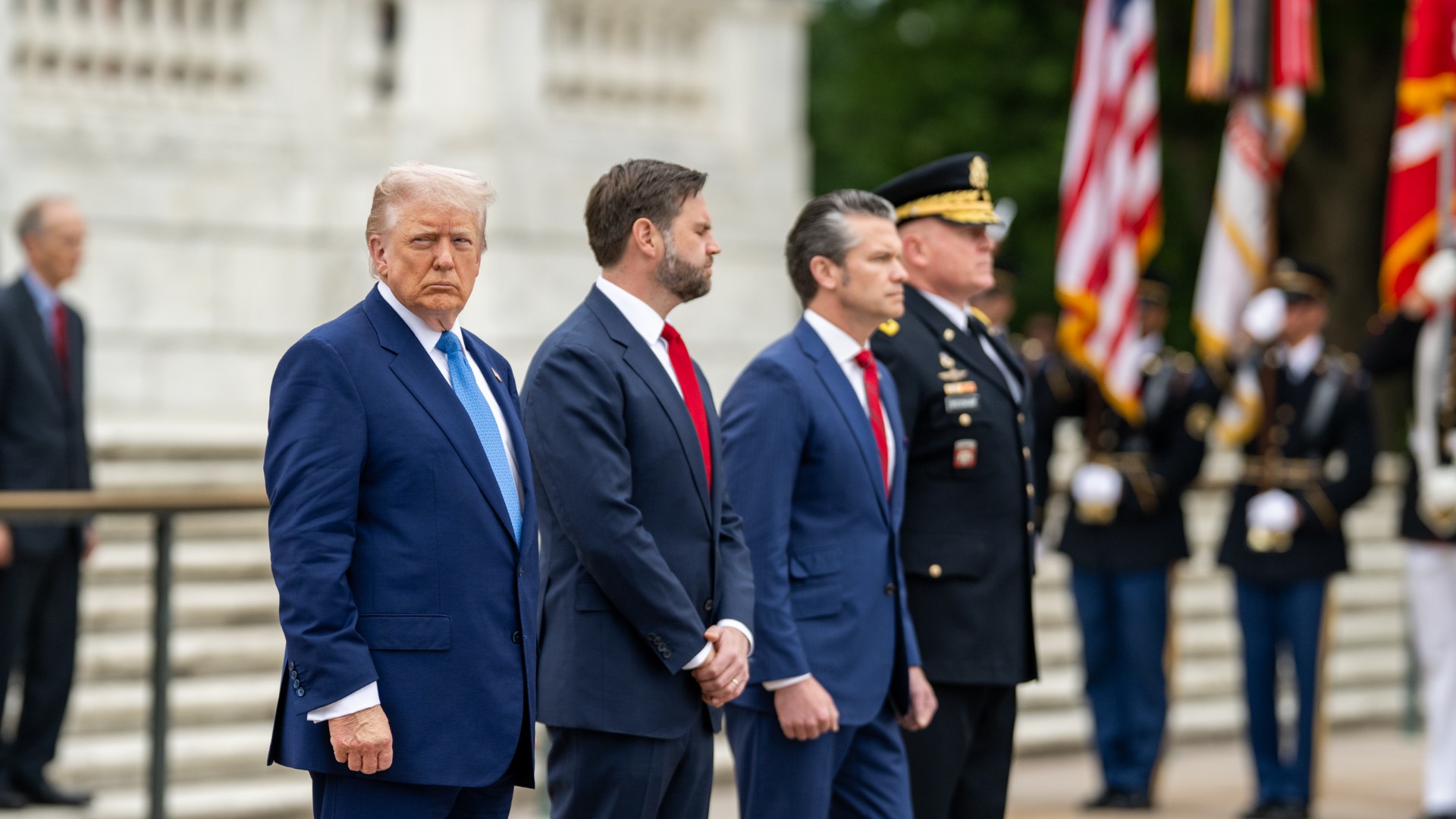Defense Secretary Hegseth Threatens Marine Deployment Amid LA Immigration Unrest, Igniting Legal and Political Firestorm
The potential deployment of 700 marines would be the first time military force has been used against U.S. civilians in decades.

NEW YORK -- Secretary of Defense Pete Hegseth recently issued a stark warning, indicating a willingness to deploy active-duty Marines to quell ongoing civil unrest if what he termed "immigration riots" continue. This declaration follows reports of escalating protests in Los Angeles prompted by intensified immigration enforcement actions and raids by Immigration and Customs Enforcement (ICE). The prospect of deploying the U.S. military's "tip of the spear" for domestic law enforcement has ignited a fierce debate, drawing comparisons to historical moments of civil strife and raising serious questions about the Posse Comitatus Act.
The Posse Comitatus Act, enacted in 1878, generally prohibits the use of federal military forces for civilian law enforcement purposes, a cornerstone of American tradition designed to prevent military interference in civilian affairs. While exceptions exist, such as the Insurrection Act, which permits presidential deployment of troops to suppress rebellion or domestic violence, the current situation presents a complex legal and ethical landscape.
Historically, military intervention in domestic disturbances has been a measure of last resort. The 1863 New York Draft Riots, for instance, saw federal troops, including those diverted from the Battle of Gettysburg, eventually restore order after local authorities were overwhelmed. Similarly, during the 1992 Los Angeles Riots, President George H.W. Bush deployed Army and Marine troops, but notably, these forces were sent after the initial surge of violence and some military personnel received riot control training beforehand.
The Trump administration's current approach, including the federalization of the California National Guard despite objections from Governor Gavin Newsom, signals a more aggressive stance, which critics argue is driven by a political agenda rather than solely by immediate necessity. Hegseth, who assumed the role of Secretary of Defense in January 2025, has publicly stated his intent to restore a "warrior culture" to the Department of Defense, aligning with President Trump's stated goal of a "mass deportation program."
The deployment of active-duty Marines, trained for combat against foreign adversaries, into American cities for law enforcement duties carries inherent risks and could lead to unintended, severe consequences. The specter of such a deployment evokes chilling parallels to events like the Tiananmen Square Massacre, where the Chinese Communist party deployed military force against a civilian population.
The administration's pursuit of a heavy-handed response risks creating martyrs and further inflaming tensions, potentially staining the legacy of the Trump administration in an unprecedented manner. The die, it seems, is cast on a path that could redefine the boundaries of military involvement in domestic affairs.
